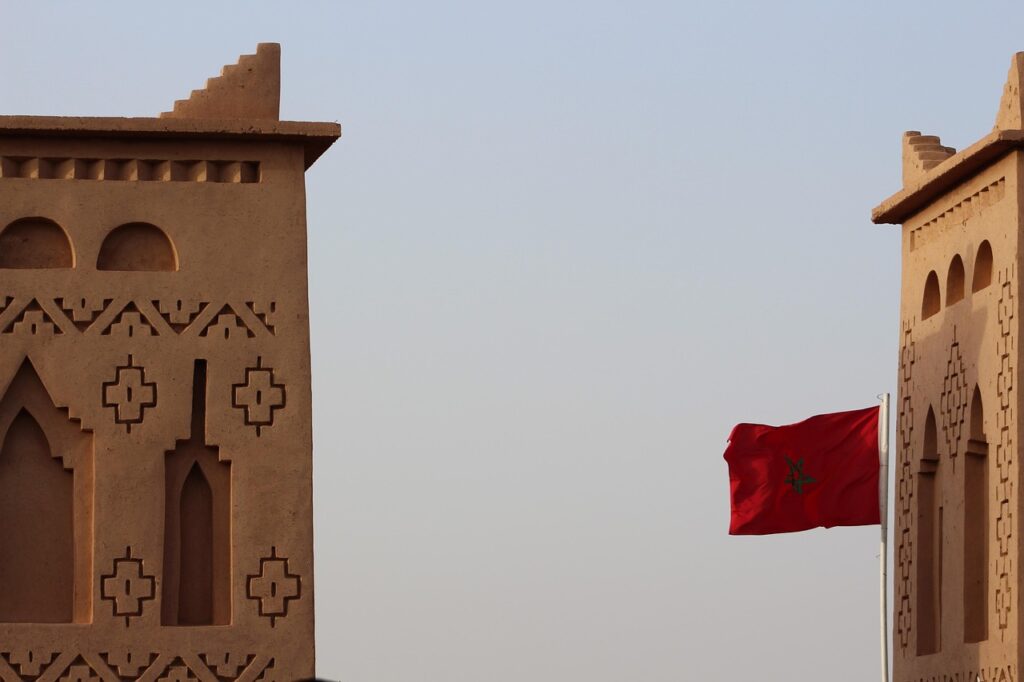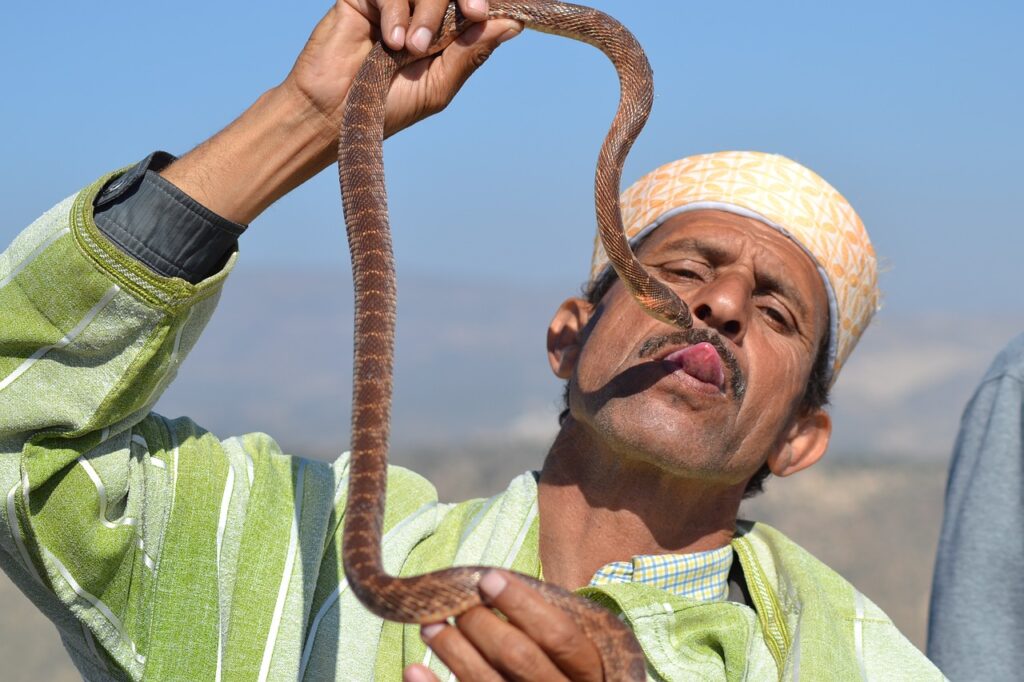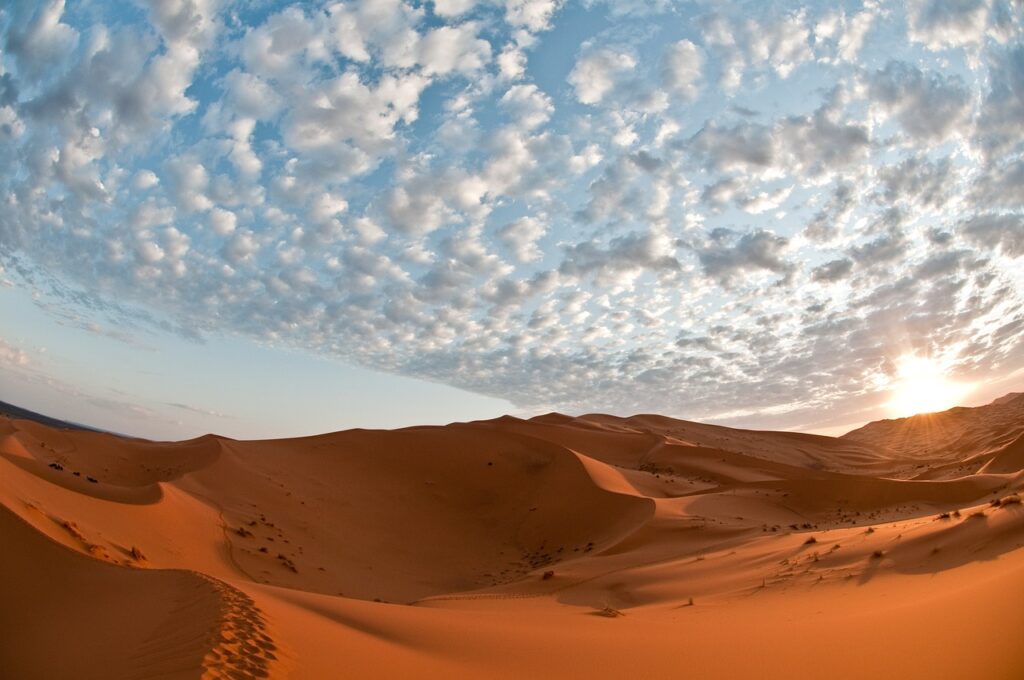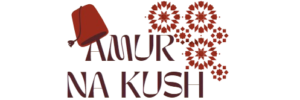
Morocco is a country that often sparks curiosity due to its unique blend of African, Arab, and Mediterranean influences. One of the most commonly asked questions about this fascinating country is: “What continent is Morocco in?” This article aims to answer that question in depth while also exploring Morocco’s geographic location, cultural connections, and political identity within the African continent.
Geographical Location of Morocco in Africa
Geographically, Morocco is located in the northwestern corner of the African continent. It is bordered by the Atlantic Ocean to the west and the Mediterranean Sea to the north, giving it access to two major bodies of water. To the east lies Algeria, and to the south is the disputed territory of Western Sahara.
Morocco is part of North Africa, a region that includes countries such as Algeria, Tunisia, Libya, and Egypt. Despite its close proximity to Europe (just 14 kilometers from Spain across the Strait of Gibraltar), Morocco is officially and geographically an African country. This is the definitive answer to the question: “What continent is Morocco in?” — Morocco is in Africa.

Is Morocco Part of the Middle East or Africa?
Many people get confused when trying to determine whether Morocco belongs to the Middle East or Africa. This confusion often stems from Morocco’s linguistic, cultural, and religious ties with Middle Eastern countries.
Morocco is an Arab and Islamic country, sharing many traditions, values, and even the Arabic language with nations in the Middle East. However, from a purely geographical perspective, Morocco is not in the Middle East — it is in Africa. The Middle East refers to a specific region primarily in Western Asia, which includes countries like Saudi Arabia, Iraq, and Iran.
Although Morocco maintains strong diplomatic and cultural relations with Middle Eastern countries, its continental identity remains African. Therefore, if someone asks, “What continent is Morocco in?”, the correct and unambiguous answer is Africa.
Morocco’s Borders and Regional Influence
Morocco’s geographical borders contribute significantly to its regional influence. Its northern border along the Mediterranean Sea and western border along the Atlantic Ocean make it a strategic hub for trade, migration, and diplomacy. The Strait of Gibraltar connects Morocco to Europe, making it a bridge between continents in terms of trade and cultural exchange.
Morocco also plays a vital role within the African Union (AU) and is involved in various African economic and political initiatives. After a long absence, Morocco rejoined the African Union in 2017, reaffirming its African identity and commitment to regional development.
In addition to politics, Morocco influences the region through its growing economy, tourism, and investments across sub-Saharan Africa. Moroccan banks, construction companies, and telecommunication firms are expanding their operations in several African countries, strengthening Morocco’s role as a key player on the continent.
Cultural Links Between Morocco and Sub-Saharan Africa
While Morocco has many cultural traits associated with Arab and Mediterranean civilizations, it also shares deep-rooted connections with Sub-Saharan Africa. These include:
- Trade routes: Historically, Morocco was part of the trans-Saharan trade networks that connected West Africa with North Africa. Cities like Timbuktu had strong links with Moroccan cities such as Marrakech and Fez.
- Shared religion: Islam is a unifying religious force in both Morocco and much of Sub-Saharan Africa.
- Migration: Many Sub-Saharan Africans live and work in Morocco, contributing to the country’s social and cultural diversity.
- Music and art: Moroccan culture features elements of Gnawa music, which originates from Sub-Saharan African spiritual and musical traditions.
These connections further emphasize that Morocco’s place within Africa is not just geographical, but also cultural and historical.

Why Some People Confuse Morocco’s Continent
There are a few reasons why some people might not immediately recognize Morocco as part of Africa:
- Proximity to Europe: The short distance across the Strait of Gibraltar gives Morocco a European flavor in terms of architecture, fashion, and food.
- Arab Identity: Morocco is a member of the Arab League, and Arabic is one of its official languages.
- Media and education: In some countries, educational curricula may underemphasize North Africa’s connection to the rest of the continent.
Despite these factors, the answer to “What continent is Morocco in?” remains Africa, and it is important to clarify this misconception.
Western Sahara and Its Impact on Morocco’s Continental Identity
A significant aspect of Morocco’s geopolitical situation is its claim over Western Sahara, a disputed territory to the south. While Morocco considers Western Sahara part of its sovereign territory, the region’s status is contested by the Polisario Front, which seeks independence for the Sahrawi people.
This dispute has implications for Morocco’s international relations, especially within the African Union, which has recognized the Sahrawi Arab Democratic Republic (SADR) as a member state. Despite this, Morocco’s claim over Western Sahara reinforces its presence in the African continent, as the entire conflict is grounded in African political geography.
Understanding this issue adds nuance to the question, “What continent is Morocco in?” — as Morocco’s involvement in the future of Western Sahara continues to shape its role and influence in Africa.

Morocco and the Idea of Joining the European Union
Due to its proximity to Europe and strong trade relations with countries like Spain and France, there has been speculation in the past about Morocco potentially joining the European Union (EU). However, the EU has made it clear that Morocco cannot join because it is not a European country.
This issue is interesting because it shows the dual identity Morocco sometimes projects — as a bridge between Africa and Europe. Despite its aspirations for close economic ties with Europe, the question “What continent is Morocco in?” remains clearly answered: Morocco is in Africa.
Instead of joining the EU, Morocco has opted for advanced status partnerships, trade agreements, and regional collaborations that align with European standards while reinforcing its African position.
Conclusion
Morocco is a land of diverse influences, but its continental identity is clearly African. Geographically situated in North Africa, bordered by Algeria, the Atlantic Ocean, and the Mediterranean Sea, Morocco has deep historical, cultural, and political ties within the African continent.
From the Western Sahara issue to its close ties with Europe, Morocco continues to navigate its unique position — but it remains firmly within the African continent. So the next time someone asks, “What continent is Morocco in?”, you’ll have a full and informed answer: Morocco is in Africa — geographically, politically, and culturally.
